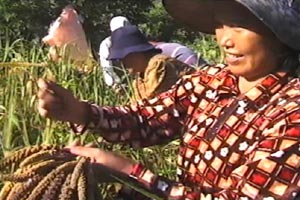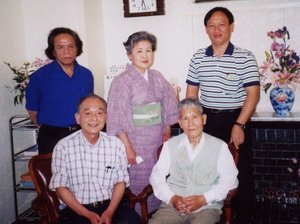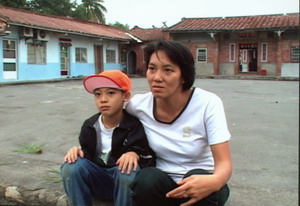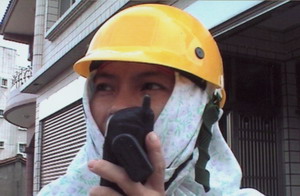Kimbo in a Flash
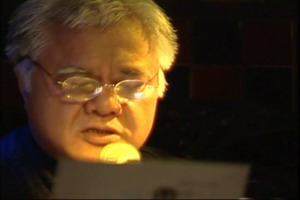
Kimbo Hu, called “the godfather of aboriginal folk songs,” is a pioneer of the folk music movement. When Taiwan’s democratization movement was at its height, he sang about the unfair treatment which the aboriginal peoples have suffered. Today, as the aboriginal movement seems to be at an end , Kimbo Hu has returned to his life as a singer, releasing his first album: In a Flash.

